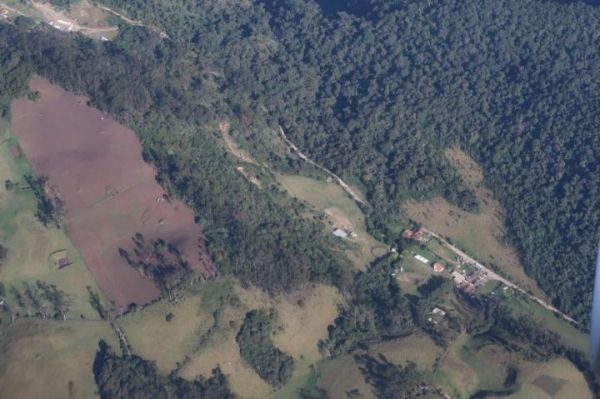Amazonia experiences seasonal fires in each year. More than 90% of the fires are distributed across the southern boundary of Amazon Basin where the vegetation dominated by savannas are flammable in the dry season. In recent decades, however, more fires have been reported in the Amazonian forests. The 2019 Amazon fires surged in a record high.
A new study, published in Global Change Biology, showed how the fire expansion is attributed to climate regime shift and forest loss. The study was led by scientists from Institute of Atmospheric Physics at Chinese Academy of Sciences.
"I have not been to the Amazon forest but I took a photo of it from my window seat when I was in a plane flying over the Amazon in 2018 fire season. It pained me to think such intense greenness and freshness might have been scorched." said Prof. JIA Gensuo, one of the authors of the study.
Global climate change and local deforestation have been blamed as main drivers behind fire intensification. "However, mechanisms and interactive effects are largely ignored and not understood." said JIA.
Read more at Institute of Atmospheric Physics, Chinese Academy of Sciences
Image: Landscape mosaic of tropical forest, cropland and traces of burning in eastern side of Andes front range. (Credit: Gensuo Jia)


